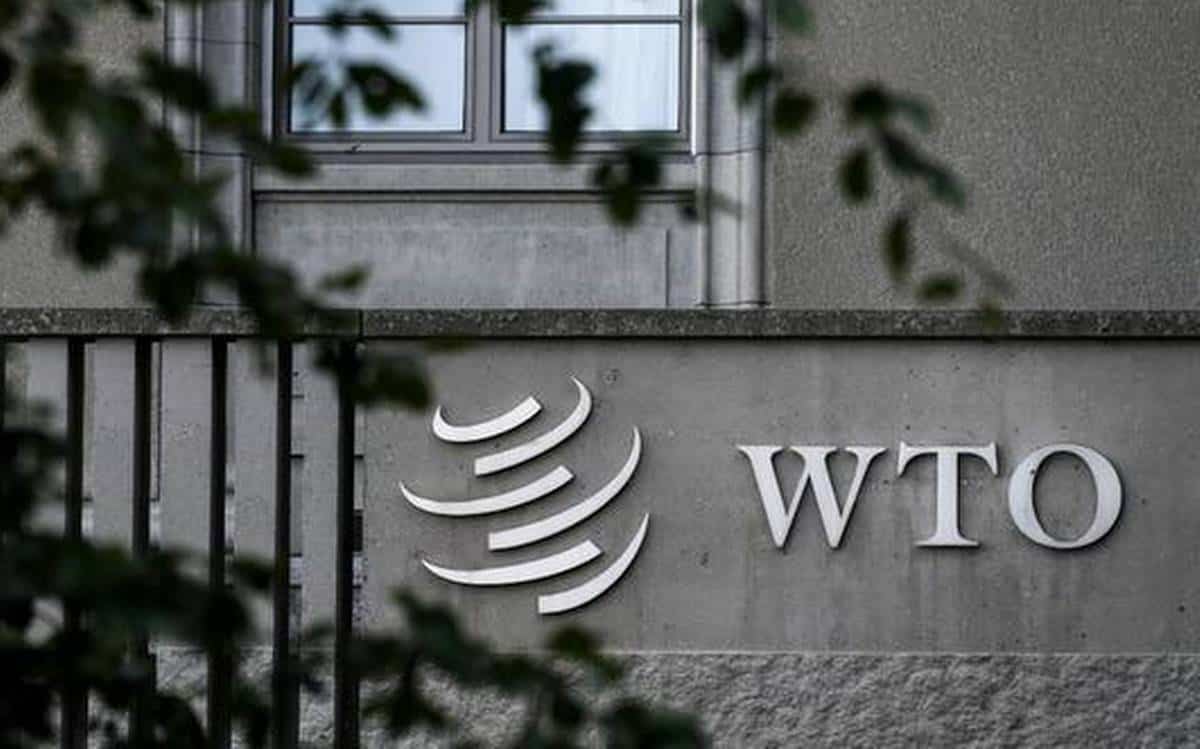What does trading on WTO terms mean? – BREXIT Bite 3
What does trading on WTO terms mean? – BREXIT Bite 3
Our BREXIT Bites Series gives you a bite sized taste of upcoming changes that may affect your business.
Thanks to its membership in the EU and the framework of trade agreements the EU has, the UK has benefited from sharing in trade deals with 78 countries which account for a sizeable proportion of imported and exported goods. During the Brexit negotiations there have been numerous instances when ‘falling back on WTO rules’ has been communicated as a good thing, indeed a desirable outcome. It has become a commonly used phrase, so, what does trading on WTO terms mean?

WTO (World Trade Organisation) rules are an immensely complex schedule of baseline rules and international tariffs running into thousands of product categories including meat, dairy, confectionary, cereals and fruit and vegetables. Different circumstances attract different tariffs. For instance, by virtue of being located within an EU Member State a UK car manufacturer was able to export to any other Member State without attracting any tariff. From the end of the transition period at the end of 2020 and in the absence of a trade deal covering such goods then under WTO rules a 10% tariff could be imposed immediately. The same exists for food products, for example, UK companies exporting dairy products to the EU could be faced with tariffs of around 35.4% (current EU WTO terms). It would become possible to control domestic tariffs but not favour one nation over others. So, the UK could either hide behind protectionist tariffs to support domestic production (making imports expensive) or reduce them (and potentially flood the UK market with cheap imports at the prejudice of domestic producers). Trade deals are agreed between countries to improve on the WTO baseline and no country currently trades solely on WTO terms (not even isolationist North Korea). So, the question is: is it really a good fallback?
Trade talks are continuing to ramp up but for now, companies must continue to plan for either outcome: Deal or No-deal.
Unsure what BREXIT means for your product information? Read our blog for six changes you should consider.

My background in Food Science and Marketing means I have a unique combination of commercial creativity and technical food manufacturing experience. My ambition is to bring clarity to the complex world of compliance through the simple and eye-catching communication of Ashbury's services.
Next reads
Revised Guidance in the US Regarding ‘Healthy’ Claims
FDA Regulations for Labeling ‘Gluten-Free’ and ‘Free-From’Foods in the US
Saving Space on US-Bound Labels
Labeling Free-From Foods for the US
Keep up to date with our latest insights
Subscribe to our mailing list to stay in touch with the latest news, insights and updates from Ashbury


